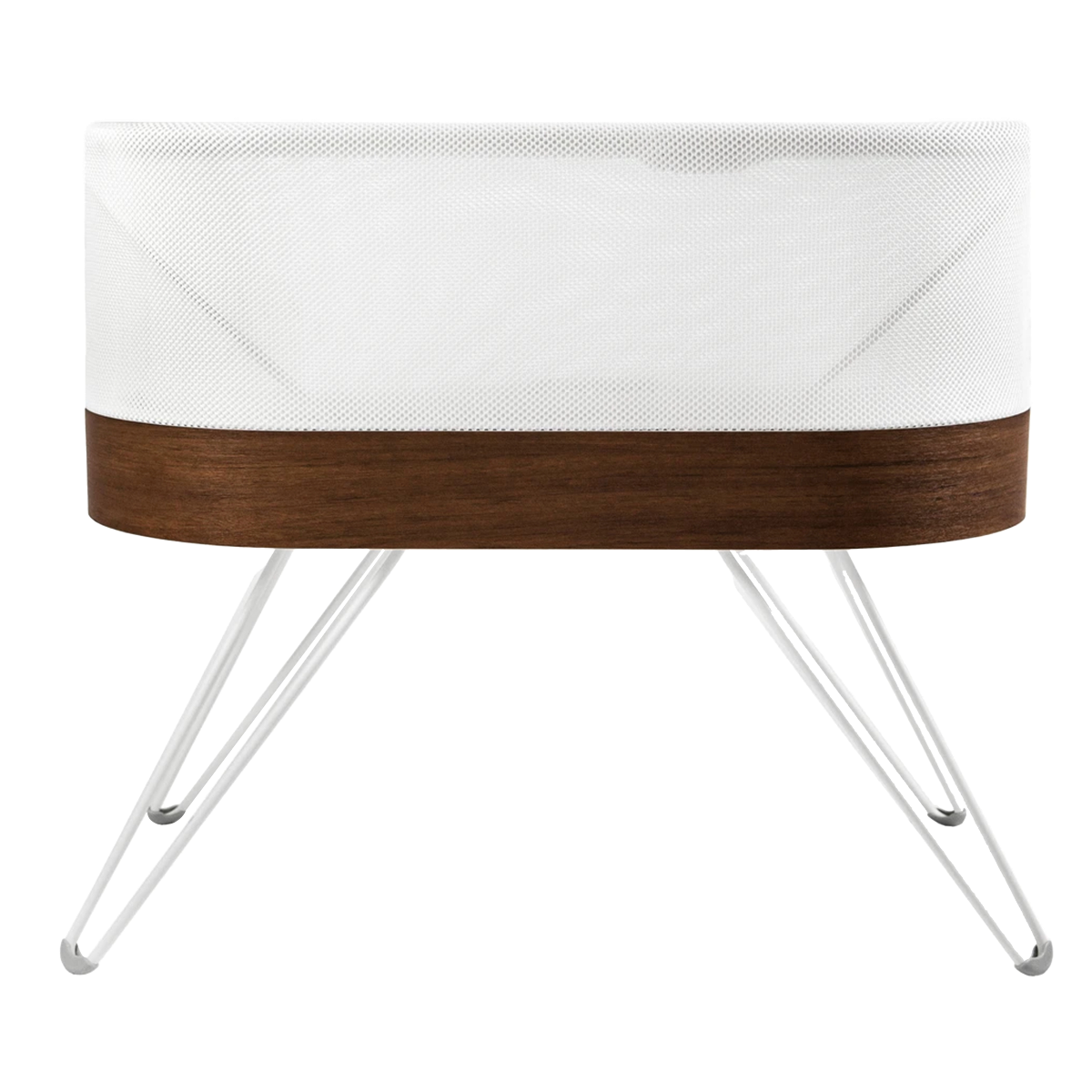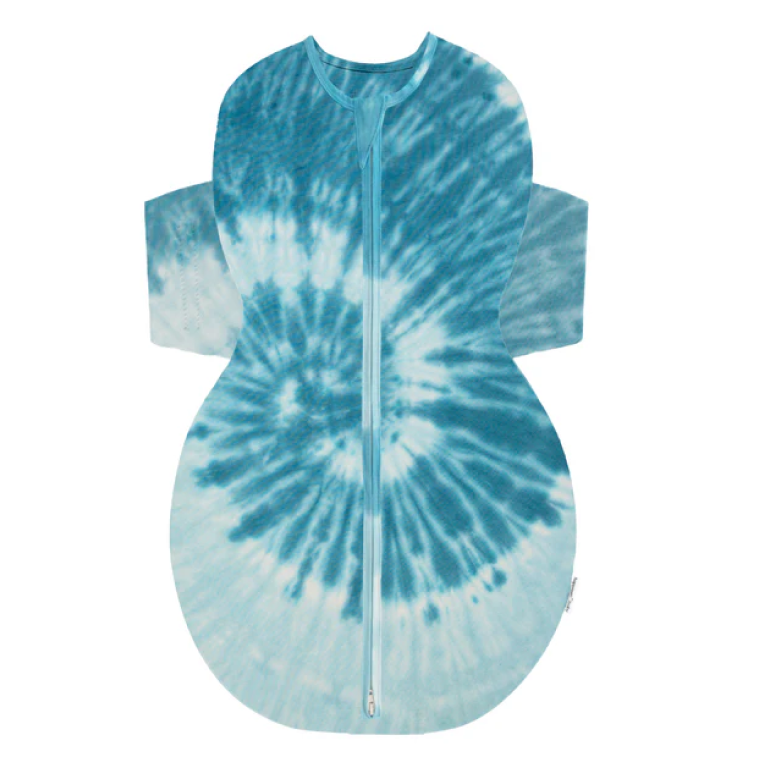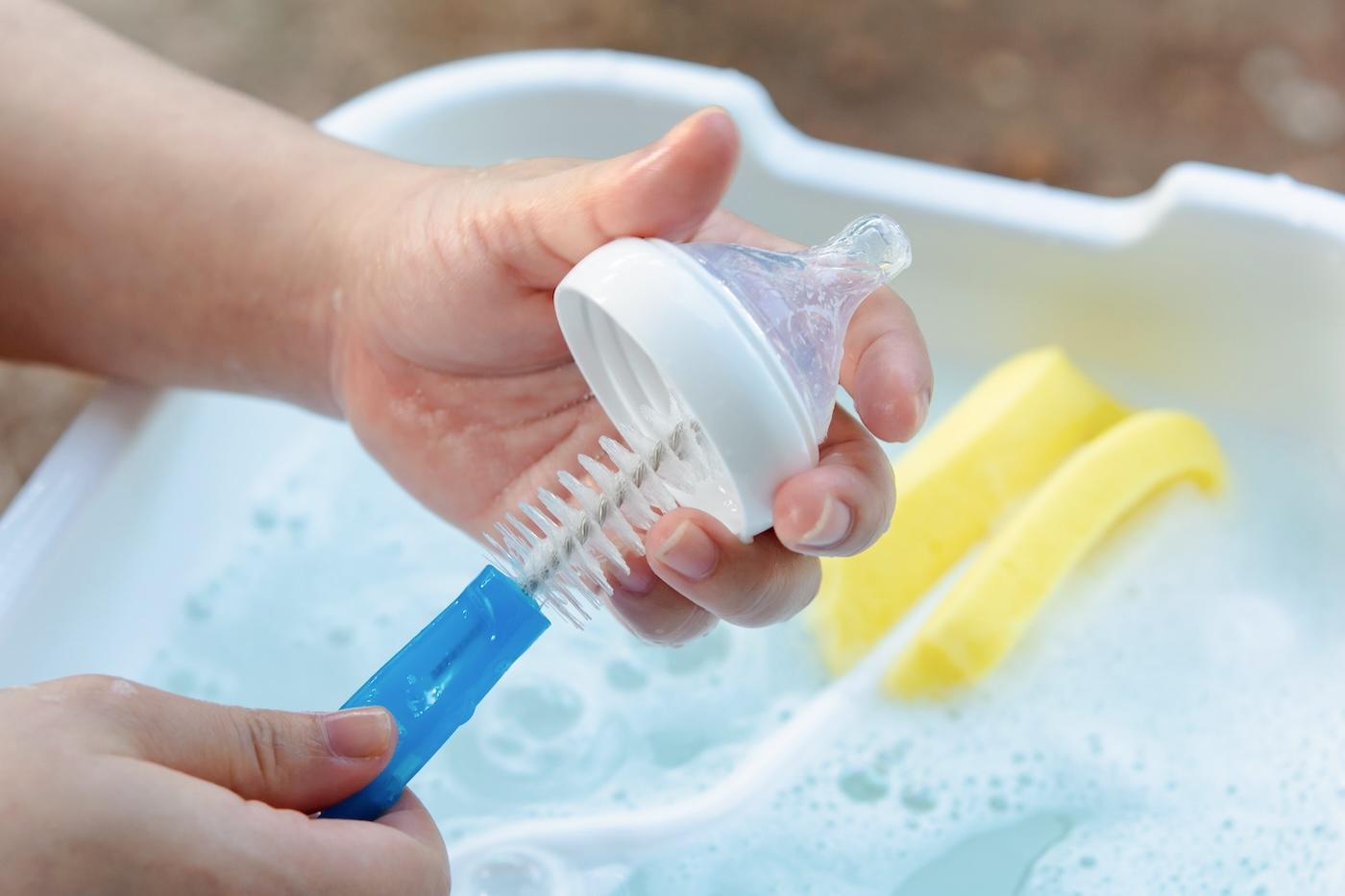BABY
10 Fiber-Rich Foods for Babies and Toddlers
Fiber is a staple not just for when Baby’s backed up, but for supporting your little one’s healthy growth and development as well.

Written by
Gabrielle McPherson, MS, RDN, LDN

Fiber might be top of mind if your bub’s poop schedule is off. While the nutrient is especially helpful when your baby or toddler is constipated, it’s a necessary part of their regular eating routine, too!
According to the 2020-2025 Dietary Guidelines for Americans, children ages 1 to 2 need 19 grams of fiber daily. That said, children ages 2 to 3 should get 14 grams of fiber every day. Despite a lack of fiber recommendations for babies under age 1, feeding them fiber-rich foods is still vital to their health. Most fibrous eats also contain other vitamins, minerals, and macronutrients integral to your little one’s growth. A good place to start? These 10 fiber-rich foods that will help support your baby’s health and development.
Lentils
There’s no denying that lentils are a fantastic food for babies and toddlers alike! They’re an excellent source of plant-based proteins, B vitamins, folate, and iron—a critical mineral for babies to get through food starting 6 six months. There’s no lack of fiber in lentils, which offer about 2 grams of fiber in two tablespoons. Whip up a hearty lentil, potato, and tomato soup, or stir plain lentils into your baby’s favorite fruit puree for added fiber and protein.
Quinoa
Quinoa grains are soft-cooked edible seeds packed with fiber, and they’re chock-full of nutrients like folate and iron for your baby’s brain. Saponin is a natural coating on quinoa that needs to be rinsed before cooking, as it can have toxic effects and a bitter taste. For extra flavor, boil quinoa seeds in water or a low-sodium chicken or veggie broth. Two tablespoons of quinoa have 1 gram of fiber. Quinoa is versatile, so you can mix it up in the morning with coconut milk and mango puree or dish it up at dinner with finely chopped cooked kale and pasteurized feta cheese.
Carrots
The vibrant root veggie does much more than supply carotenoids for your baby’s immune health and eyesight. Carrots are a good source of dietary fiber for your little one’s poop problems to boot. In a quarter cup of cooked mashed carrots, there are 1.6 grams of fiber. Toss in some cinnamon, nutmeg, or pumpkin pie spice to complement their natural sweetness.
Raspberries
Raspberries are one of the most fiber-packed berries you can eat. Immune-supporting vitamin C is another perk of raspberries—and their high water content makes them hydrating! Raspberries are ideal for babies and toddlers because they’re soft, mashable, and easy to blend with foods. Can’t find them fresh? Frozen is just fine too! Let the raspberries thaw out and prep them for your tot. Mash them into a jam you can spread on toast and sprinkle with cinnamon for yummy finger foods. There are 1.24 grams of fiber in 10 raspberries.
Ground Sunflower Seeds
Sunflower seeds contain immune-supporting nutrients like zinc. They’re antioxidant-rich and may help fight inflammation, too. Because babies can’t chew sunflower seeds well, you’ll want to offer them in safe forms. Ground sunflower seeds into a powder you can mix into soups, purees, and hot cereals. Another option is to blend roasted sunflower seeds into butter with a food processor and serve alongside diced ripe pears.
Artichokes
Artichokes may sound like an off-limits food for babies, but they’re safe for infants starting around 6 months of age. The eye-catching veggie can take some time to prep when fresh, so there’s no shame in choosing canned artichokes (less cooking time? Yes, please!). Rinse canned artichokes and blend with garlic and chicken for a filling, fibrous puree. Artichokes are a natural source of folate and choline which help your baby’s blood and brain stay healthy. One-quarter cup of canned artichoke hearts contains a whopping 2.4 grams of fiber.
Pears
Pears contain prebiotic fiber to help sustain your baby’s healthy gut flora. Emerging research suggests healthy gut flora is crucial to your baby’s immune and brain health. The sweet buttery flavor of pears is well-accepted by babies and can be safely prepped in many ways. Ripe pears make excellent finger foods for babies and older kiddos and pair well with root veggies like parsnips. A quarter cup of cubed pears contains 1.2 grams of fiber.
Avocados
Avocados are incredibly nutritious for tiny people. You’ll find heart-healthy fats, vitamin K for healthy blood clotting, folate, and much more…including, you guessed it, constipation-fighting fiber! A quarter cup of pureed avocados has nearly 4 grams of fiber. Whisk the nutrient-packed mash with raw eggs for a snack. The downside to this creamy fruit? Avocados ripen and go bad quickly, without warning. To save your dollars, buy frozen avocado chunks and thaw them before prepping.
Beets
While babies and beets are a perfect storm for messes and stains, this root veg is an un-beet-able fiber-filled food! Cooked beets have 1.23 grams of fiber in a quarter cup. Eating them gives your baby or toddler plenty of potassium to help balance fluids and loads of folate for healthy developing brains. Using beets, spices, and olive oil, you can blend them into a brightly colored pasta sauce. Cut up soft angel hair pasta noodles and toss them with the fiber-rich pasta sauce.
Flaxseed Meal
Flaxseeds make a highly nutritious kitchen staple that lasts several months in the fridge. As a top source of alpha-linolenic acid (an omega-3 fat), flaxseeds come with brain-boosting benefits for your babe. And the fiber contents? There are almost 1.3 grams of fiber in two teaspoons of flaxseed meal, the easy-to-digest form of flaxseeds. Toss soft cut-up fruits like bananas, mangoes, and avocados into flaxseed meal. The seedy coating can make these fruits easier for tiny hands to pick up for happy, frustration-free munching.
More Healthy Foods for Littles:
- Calcium-Rich Eats for Babies and Toddlers
- Iron-Rich Foods for Babies and Toddlers
- Amazing Grains to Add to Your Baby’s Plate
- Protein-Packed Foods for Little Ones
- Healthy Fats Your Tot Needs
***
REFERENCES- U.S. Department of Agriculture and U.S. Department of Health and Human Services, Dietary Guidelines for Americans, 2020-2025, December 2020
- U.S. Department of Agriculture FoodData Central: Lentils
- U.S. Department of Agriculture FoodData Central: Quinoa
- U.S. Department of Agriculture FoodData Central: Carrots
- U.S. Department of Agriculture FoodData Central: Raspberries
- A Review of Phytochemistry, Metabolite Changes, and Medicinal Uses of the Common Sunflower Seed and Sprouts, Chemistry Central Journal, September 2017
- Pediatric Digestive Health and the Gut Microbiome: Existing Therapies and a Look to the Future, Pediatric Annals, August 2021
- U.S. Department of Agriculture FoodData Central: Pears
- U.S. Department of Agriculture FoodData Central: Seeds, Flaxseed
Disclaimer: The information on our site is NOT medical advice for any specific person or condition. It is only meant as general information. If you have any medical questions and concerns about your child or yourself, please contact your health provider.
SHARE THIS ARTICLE
MOST LOVED
Sleepytime Sidekicks
More on Baby
About Gabrielle McPherson, MS, RDN, LDN
Gabrielle McPherson, MS, RDN, LDN is registered dietitian in Missouri who specializes in community and pediatric nutrition. Gaby is passionate about encouraging families to eat well in simple, practical ways that are realistic...and delicious! When not working, Gaby loves cooking, baking, and making messes and memories with her sous-chef/preschooler Charlotte.












